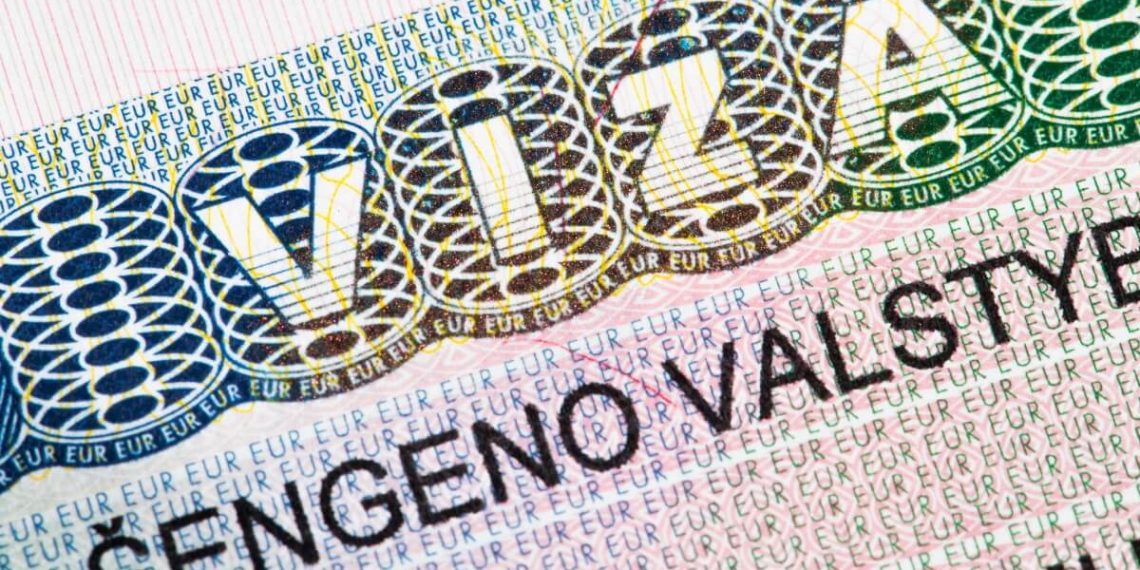Lithuanian authorities have made it clear that bus drivers transporting people in Belarus without a permit will face consequences – including the potential loss of their visas. The country is working diligently to control the flow of travelers between Lithuania and Belarus.
According to Vilmantas Vitkauskas, head of Lithuania’s National Crisis Management Centre, the authorities are actively conducting checks and have no plans to reduce their efforts. Vitkauskas emphasized the repetitive nature of this practice and mentioned the possibility of visa abolishment for carriers if such cases continue.
In an attempt to control the influx of border crossings, Lithuania aims to reduce the number of permits for bus drivers and other workers who transport passengers between the two nations by almost half. The head of Lithuania’s Transport Safety Administration, Genius Lukosius, revealed that out of 64 checks conducted on buses carrying passengers to Belarus in the past six months, only one had a valid permit for the trip.
Drivers found without permits can face fines ranging from €2,500 to €3,500 for passenger transport violations, with repeated offenses incurring even harsher penalties. The Lithuanian government is also considering the closure of two additional border checkpoints on its border with Belarus, following the shutdown of two checkpoints last year.
The heightened flow of Belarusian citizens through all road border checkpoints along the border with Belarus has prompted the need for more detailed screenings of persons, vehicles, and goods. In response to this, the Lithuanian government is looking into shutting down Laboriskes and Raigardas checkpoints in an effort to reduce border crossings.
In 2023, there were 3.9 million border crossings at the Lithuanian-Belarusian border through road checkpoints, marking a 25.5% increase compared to the previous year. Notably, Belarusian nationals represented two-thirds of the total border crossings. The government’s efforts, including the tightened regulations and potential closure of border checkpoints, aim to mitigate the increased flow of transportation, goods, and people, while also citing national security as a driving factor.
Still have some travel questions? Ask in our Travel WhatsApp Group.








